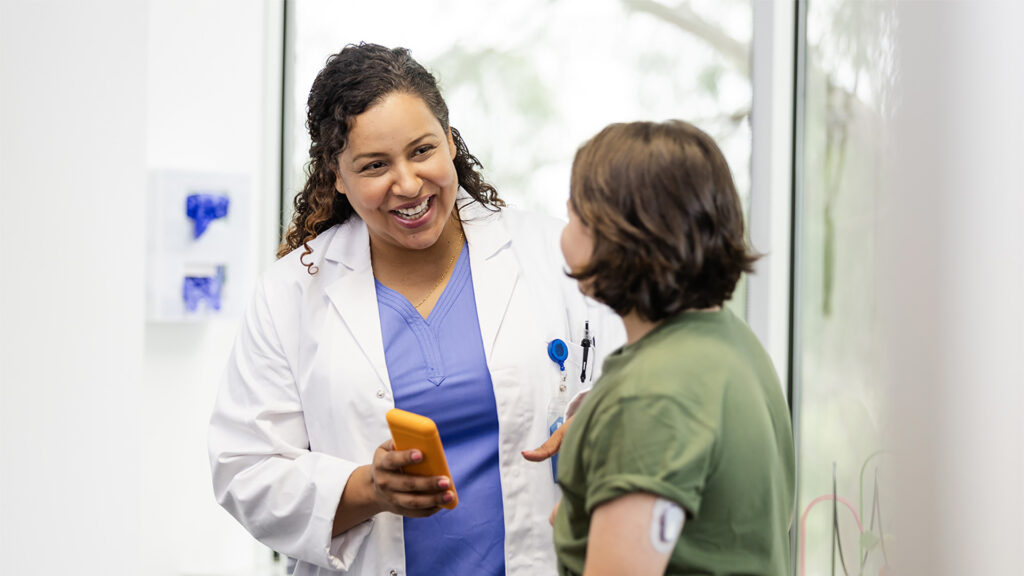Regular screenings and early diagnosis can stop complications before they start.
Diabetes is one of the most common chronic conditions worldwide, affecting millions of people of all ages. While it can be managed with the right care, undiagnosed or uncontrolled diabetes can lead to serious health problems. The good news? Early detection and treatment can make all the difference in preventing complications and supporting long-term health.
Understanding Diabetes
Diabetes happens when your body can’t properly use or make insulin — the hormone that helps glucose (sugar) enter your cells for energy. Without enough insulin, glucose builds up in your bloodstream, causing high blood sugar (hyperglycemia).
The main types of diabetes include:
- Type 2 diabetes: The most common form, usually linked to insulin resistance.
- Type 1 diabetes: An autoimmune condition where the body destroys insulin-producing cells.
- Prediabetes: A warning stage where blood sugar is higher than normal but not yet diabetes.
- Gestational diabetes: Develops during pregnancy and raises the risk of type 2 later.
Who’s at Risk?
Anyone can develop diabetes, but some people are more likely to be affected. The American Diabetes Association (ADA) recommends regular screenings for all adults age 35 and older.
Other risk factors include:
- A family history of diabetes
- Being physically inactive
- A diet high in processed foods and sugar
- High blood pressure or cholesterol
- A history of gestational diabetes during pregnancy
Why Early Detection Matters
Catching diabetes or even prediabetes early is crucial. Left untreated, high blood sugar levels can damage your heart, kidneys, nerves, eyes, and more. Over time, this damage increases the risk of heart disease, kidney failure, nerve pain, vision loss, and even amputations.
Fortunately, simple blood tests such as fasting glucose, A1C, or random blood sugar can detect problems early. For many people, these tests are the first step toward better health.
Warning Signs to Watch For
Type 2 diabetes often develops slowly, so symptoms may go unnoticed. Be alert for:
- Increased thirst and frequent urination
- Fatigue
- Blurred vision
- Tingling or numbness in hands or feet
- Slow-healing cuts or frequent infections
- Unexplained weight loss
If you notice any of these symptoms, talk to your healthcare provider right away.
Taking Charge of Your Health
The best way to manage diabetes is to catch it early and take action. Lifestyle changes like eating a balanced diet, exercising regularly, and maintaining a healthy weight can reduce your risk and help manage the condition if you’re diagnosed. Medications, when prescribed, can also keep blood sugar levels in check.
Diabetes is common, but it doesn’t have to catch you off guard. Regular screenings and early detection give you the power to protect your health and prevent life-threatening complications. If you’re at risk or noticing symptoms, schedule a screening. Taking action now could change your future.
Sources: diabetes.org, my.clevelandclinic.org

